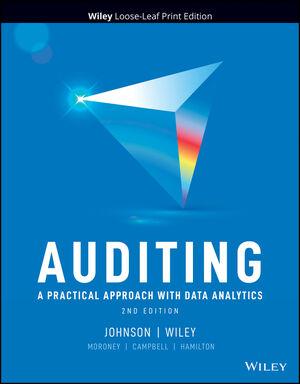An audit strategy provides the basis for developing an audit plan that details the nature, timing, and
Question:
An audit strategy provides the basis for developing an audit plan that details the nature, timing, and extent of audit procedures to be performed. Auditors spend considerable time developing the audit plan so they can perform the audit effectively and efficiently.
Required
Listed below are actions taken by an auditor. Determine if the items relate to the nature (N), timing (T), or extent (E) of audit procedures. The components may be used once, more than once, or not at all. Select only one answer for each item.
a. Chooses a test of controls to determine whether a client’s monthly reconciliation process is being performed effectively.
b. Uses a larger sample size of sales invoices for the current-year audit versus the prior-year audit.
c. Chooses a substantive procedure to determine whether a client’s accounts receivable balance is valued appropriately.
d. Decides to perform a substantive procedure at interim instead of year-end.
e. Uses a smaller sample size because detection risk is high.
f. Decides client’s controls are not effective and will perform primarily substantive procedures.
g. Identifies an account as high risk and decides to perform further audit procedures at year-end.
Step by Step Answer:

Auditing A Practical Approach With Data Analytics
ISBN: 9781119785996
2nd Edition
Authors: Raymond N. Johnson, Laura Davis Wiley, Robyn Moroney, Fiona Campbell, Jane Hamilton





